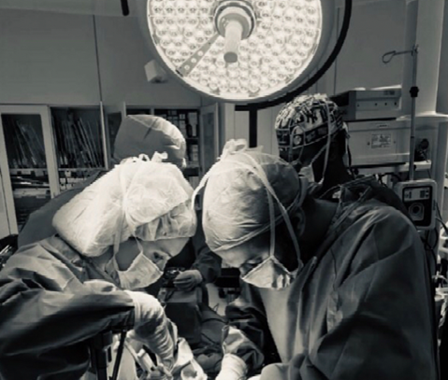
Are all patients with peritoneal carcinomatosis candidates for treatment with cytoreductive surgery and HIPEC?
The aim of cytoreductive surgery or peritonectomy and HIPEC is curative. To explain which patients are candidates for this treatment we must first understand what PCI (peritoneal cancer index) means.
PCI is the amount of tumour inside the abdomen. It is an index that indicates the degree of disease, and which is very important for surgical oncologists, since it tells us a lot about the patient’s prognosis and the best treatment sequence for each individual. It is a number between 0 and 39, calculated by dividing the abdomen into 12 regions and assigning a score of 0 to 3 according to the number of peritoneal implants and the size at that location.


